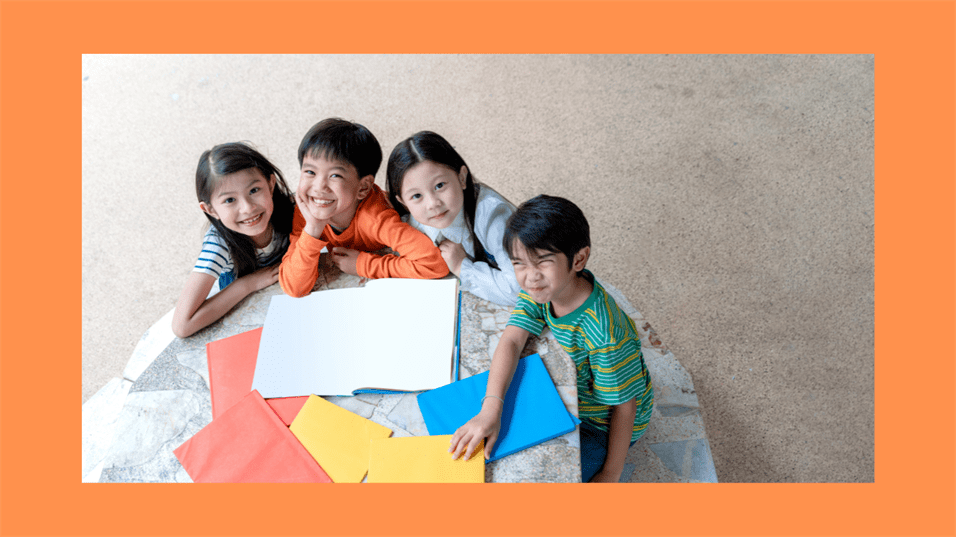International Mother Language Day
International Mother Language Day or Matribhasha Diwas is observed every year on February 21 to promote linguistic and cultural diversity and multilingualism around the world.
What exactly is the Mother Language?
The first dialect that a baby comprehends right from his or her birth is termed the birth language or the mother language.
It plays a crucial role in our lives for a broad array of justifications. It is a widespread notion that as we pace towards a civilization in which the medium of education is English, we tend to move away from our mother tongue.
This phenomenon has brought many languages at the verse of DYING!
According to UNESCO, at least 43% of the languages spoken in the world are endangered. The New York Times gives an even more grim picture – of the 7,000 languages spoken in the world today, linguists say, nearly half are in danger of extinction and are likely to disappear in this century. In fact, they are now falling out of use at a rate of about one every two weeks. Some endangered languages vanish in an instant, at the death of the sole surviving speaker. Others are lost gradually in bilingual cultures, as indigenous tongues are overwhelmed by the dominant language at school, in the marketplace and on television.
In fact, the world enunciates 7,111 languages and around 88 percent of the world’s community speaks them either as their first or second language. Of these, only 23 languages are uttered by about half of the population of the world!
Languages are the most powerful way to preserve and develop culture and to promote it across the world, we must protect our mother language.
To commemorate this fact, in the year 1999 UNESCO declared “February 21” as the International Mother Language Day.
The date embodies the day 21st February 1952, when four young students were killed in Dhaka, the capital of Bangladesh, because of the Bengali and Urdu language differences.
It is a momentous day for the development of multilingualism and cultural and linguistic diversity. Around the world, people and organizations celebrate International Mother Language Day with social media posts, workshops, and various events to stimulate understanding of the significance of the day.
The theme of the 2021 International Mother Language Day, “Fostering multilingualism for inclusion in education and society,” comprehends that languages and multilingualism can boost inclusion, and the Sustainable Development Goals focus, eliminating no one. UNESCO acknowledges that education, based on the first language or mother tongue, must begin from the early years as early childhood care and education is the foundation of learning.
On this International Mother Language Day, Books33 appeals you to safeguard and protect your mother language to the most and safeguard your culture by promoting the same.
Want to read more such blogs? Check out our blog page, here you will find many more such content. You can also share your reading experience in our comment section.




 Each title in our collection is more than just a book - it’s a ‘green gift’, promoting mindful reading, sustainable values, and a culture of eco-conscious living. By gifting books, you open doors to new ideas, support lifelong learning, and nurture a more informed, compassionate, and environmentally aware individual.
Each title in our collection is more than just a book - it’s a ‘green gift’, promoting mindful reading, sustainable values, and a culture of eco-conscious living. By gifting books, you open doors to new ideas, support lifelong learning, and nurture a more informed, compassionate, and environmentally aware individual.